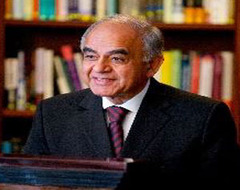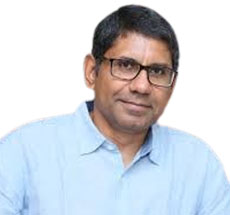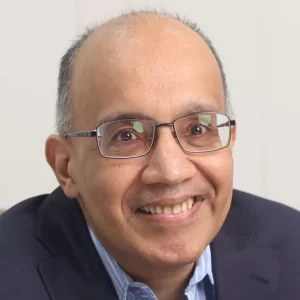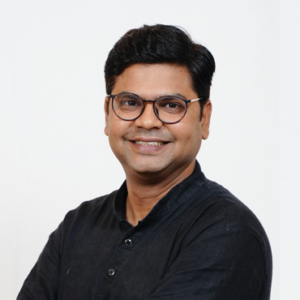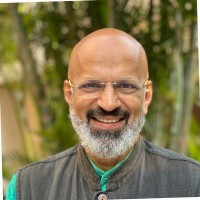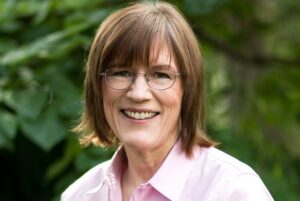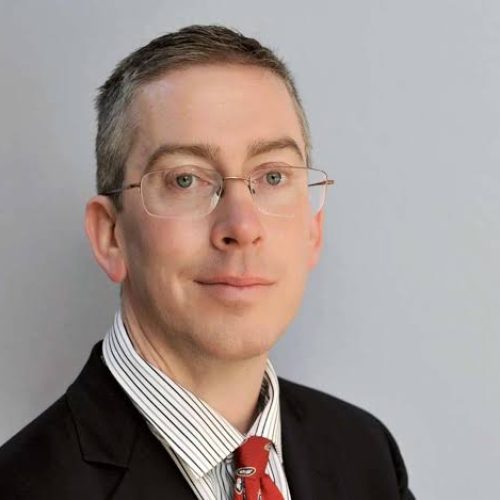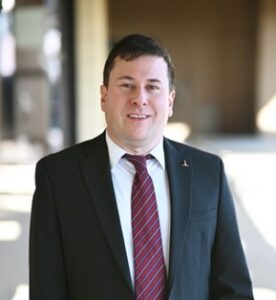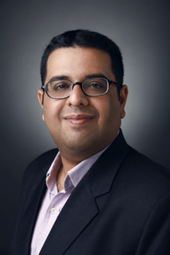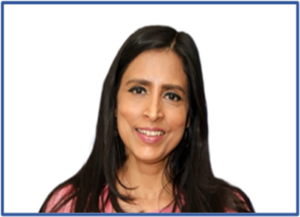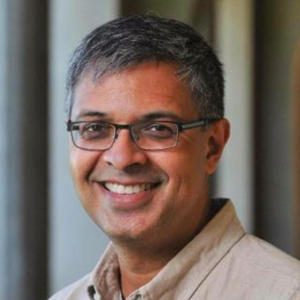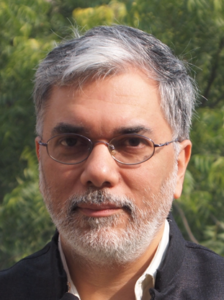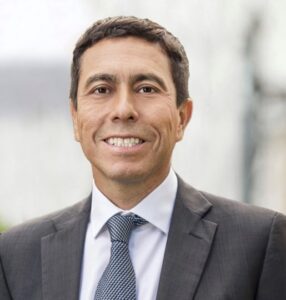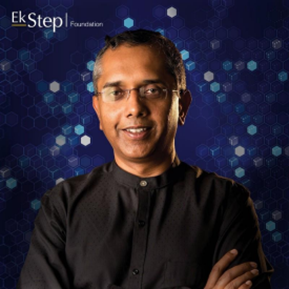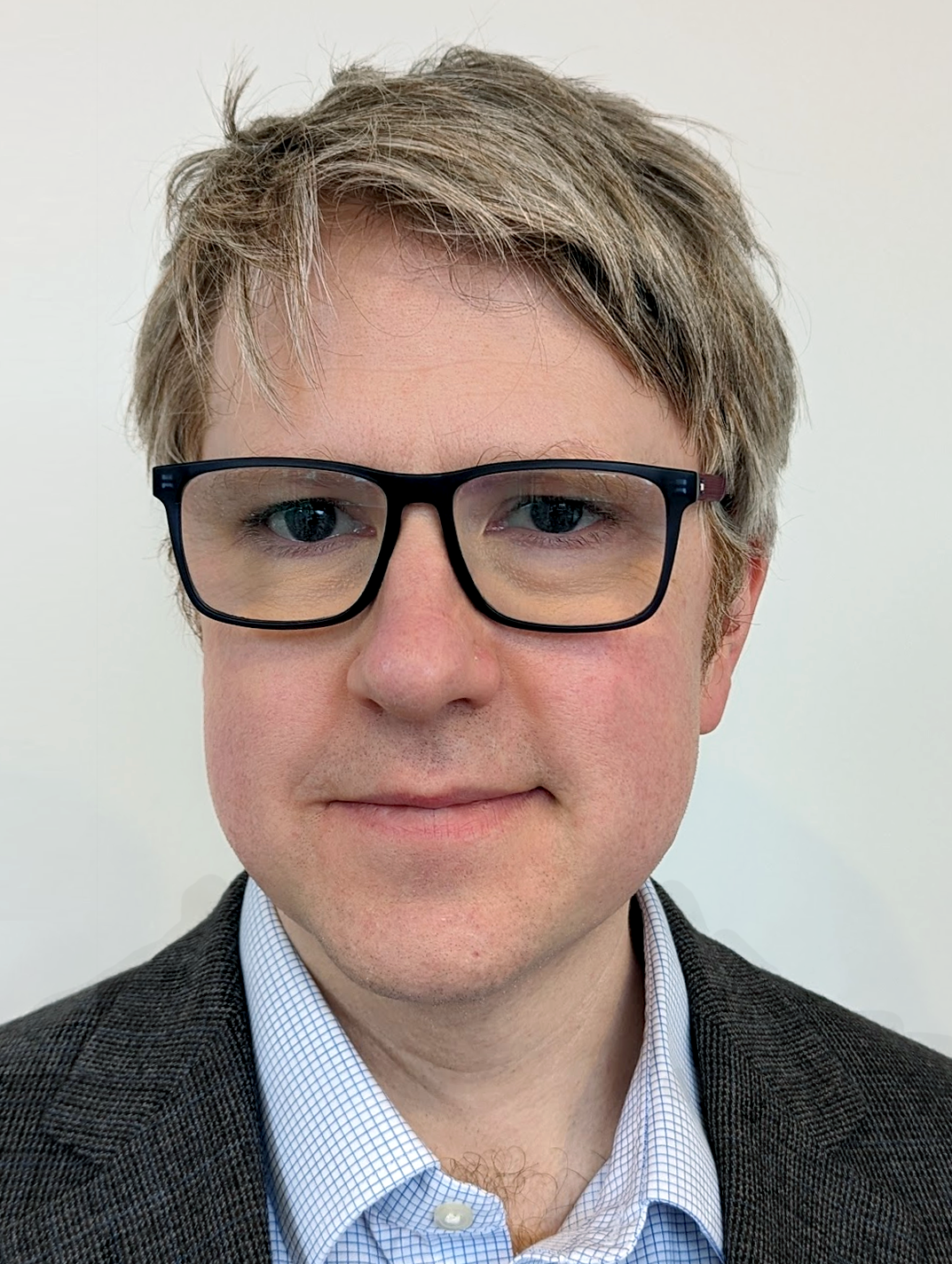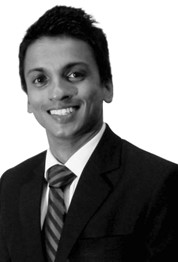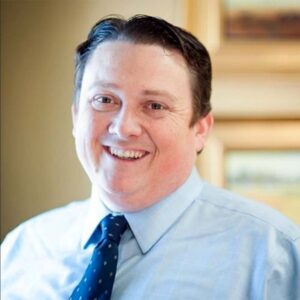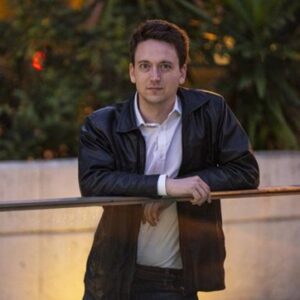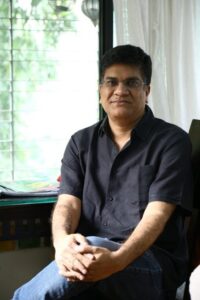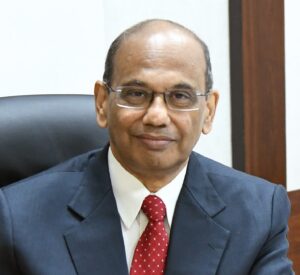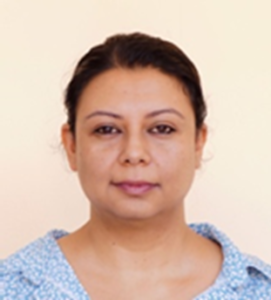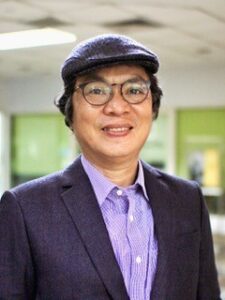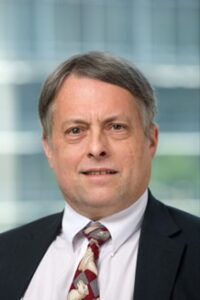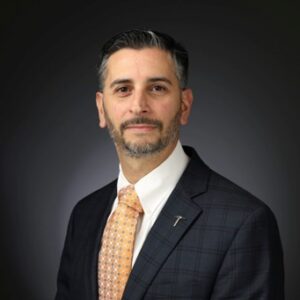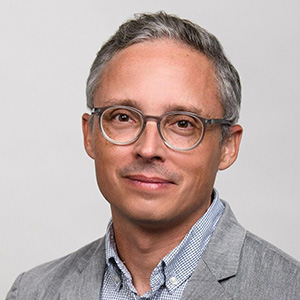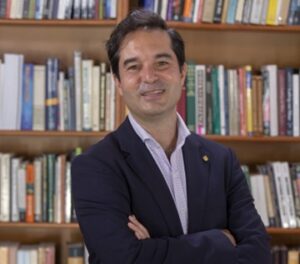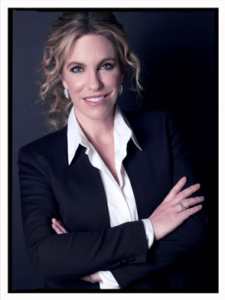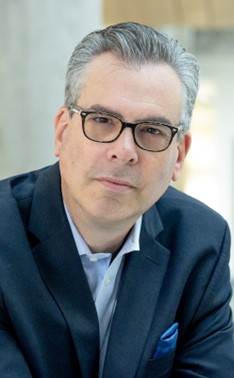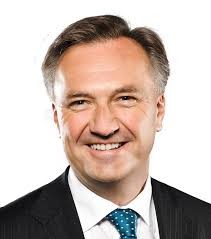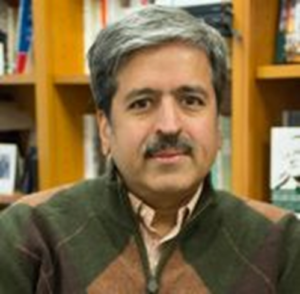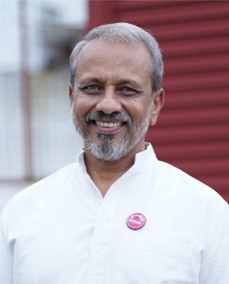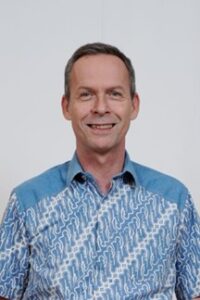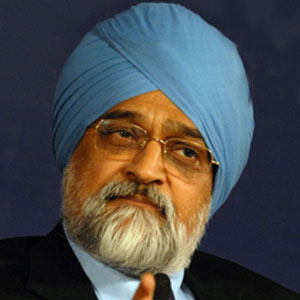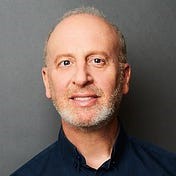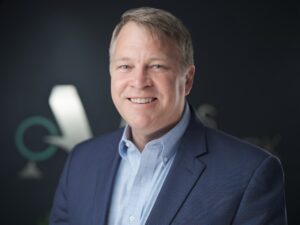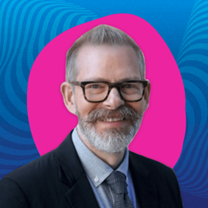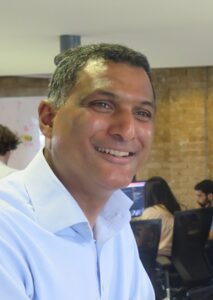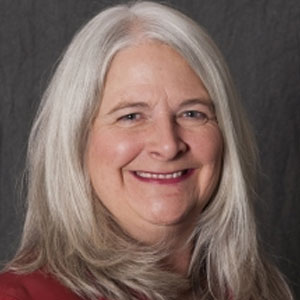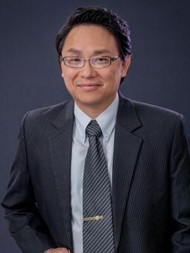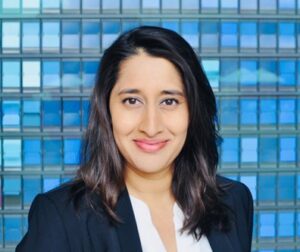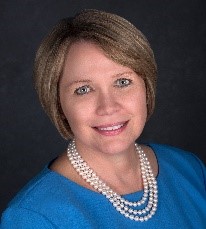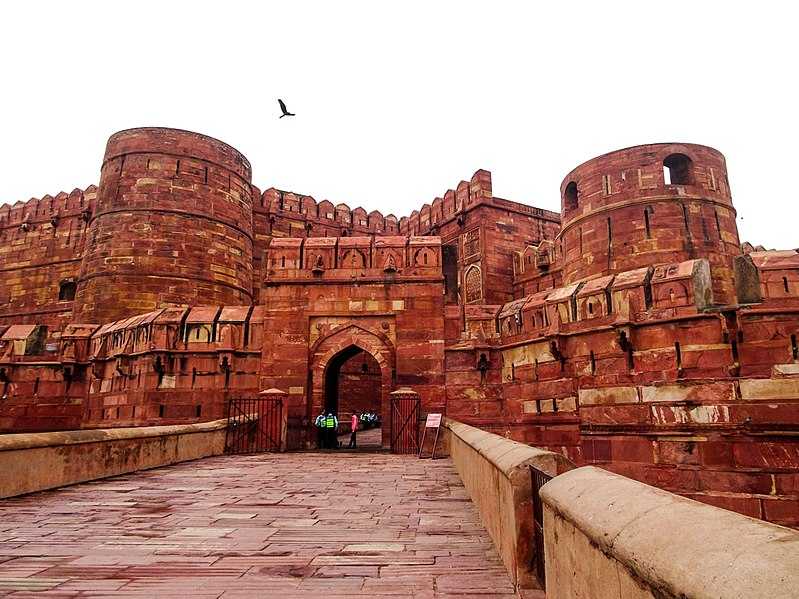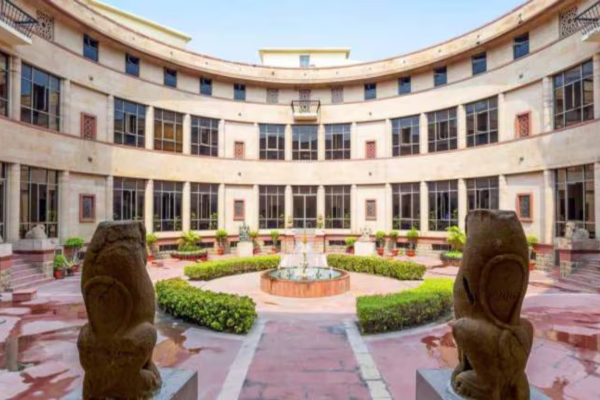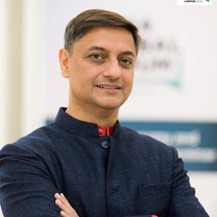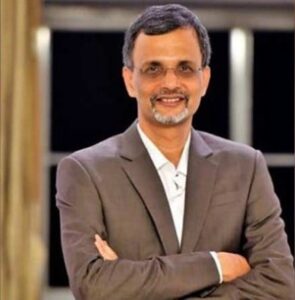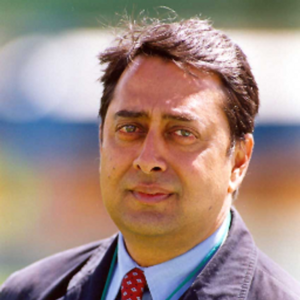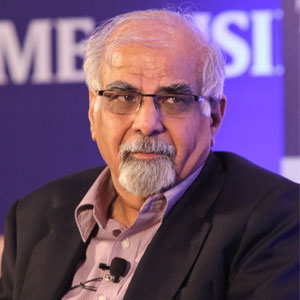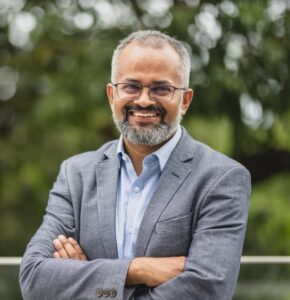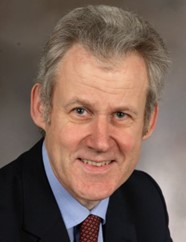
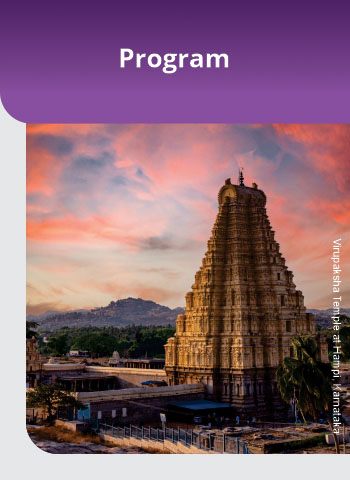
Program Schedule
- 22 September
- 23 September
- 24 September
- 25 September
- 26 September
Time
Session
Speakers
12:00
Registration Opens
18:00
Opening Reception
19:00 onwards
Opening Dinner, Welcome
Welcome Address

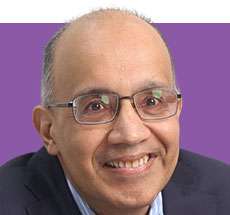
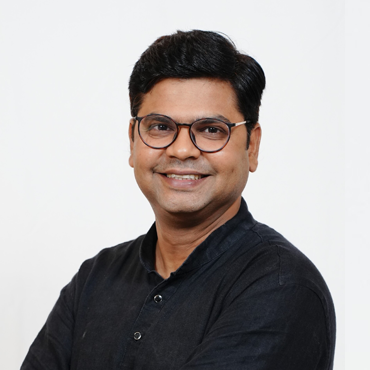
19:00 onwards
Keynote Conversation
Speakers
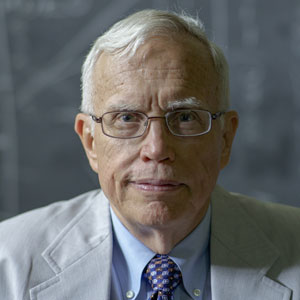
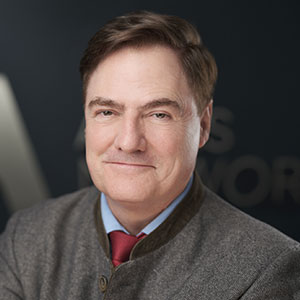
Introduction By

Time
Session
Speakers
09:00-10:30
Freedom & Flourishing: New Avenues and Old Challenges


Moderator

11:00-12:30
Education in the 21st Century
[Rotating Chair Discussion] In this session, Barbara Oakley will first deliver a presentation. Following her presentation, we invite three distinguished discussants to the stage, each bringing unique perspectives and expertise. Rotating every 20 minutes, these discussants will offer their insights and experiences, expanding on Oakley’s ideas and engaging in a discussion.
Presenter
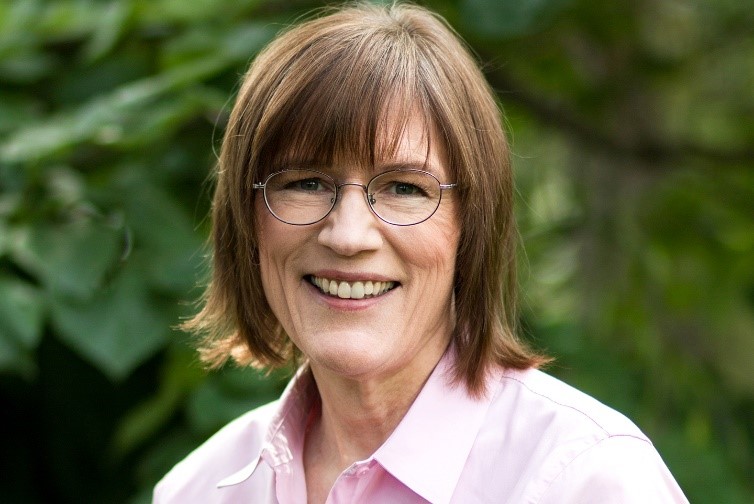
Rotating Chairs


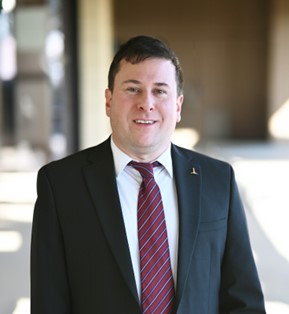
11:00-12:30
Speakers

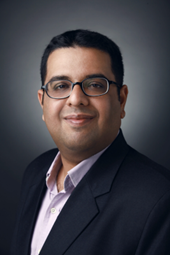

Chair
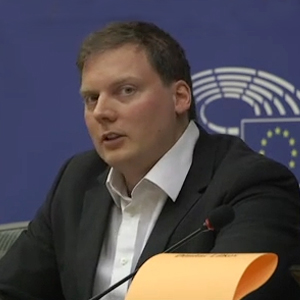
11:00-12:30
Young Scholars Session I : Economic Freedom and Development
- “Colonial Rule and Economic Freedom”
João Pedro Bastos, Texas Tech University - “Economic Freedom, Personal Abundance, and Human Flourishing in India”
Dyuti Pandya, ECIPE, and Samrudha Surana, George Mason University - “Urbanization and Freedom: Special Administrative Regions as a Tool for Freedom and Prosperity for the Next Six Billion”
Alexander Voss, Tipolis Corporation - “Crony Capitalism vs. Economic Freedom: Experiences from Brazil and India”
Matheus Cosso, The University of Chicago
Chair
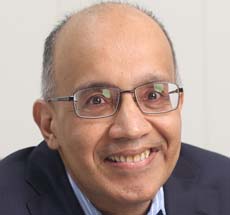
12:45-13:50
Lunch and Punctuation Talk
Speaker

14:00-15:30
Speakers


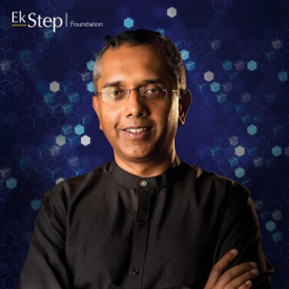
Chair
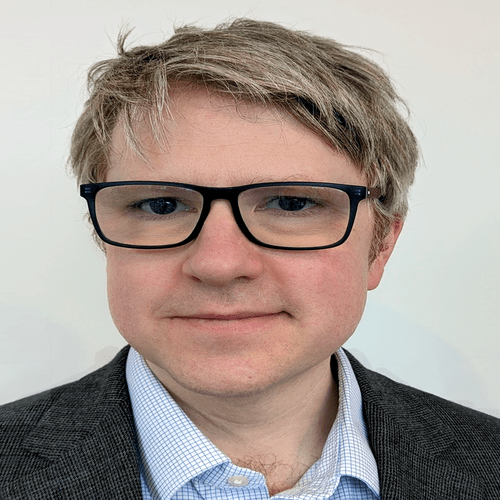
14:00-15:30
Speakers
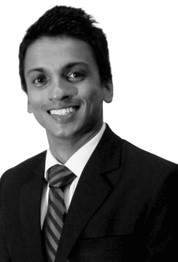
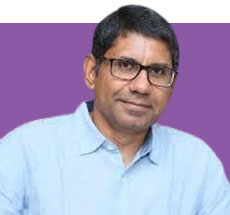

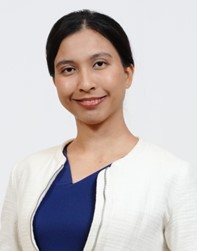
Chair
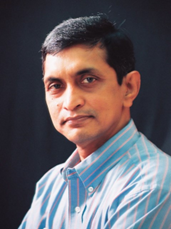
14:00-15:30
Speakers
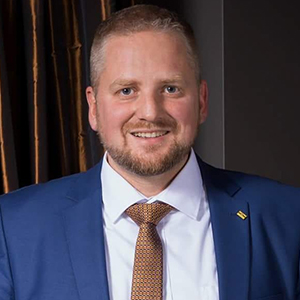
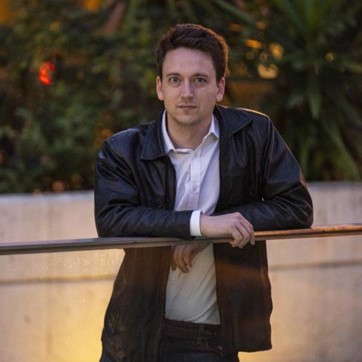

Chair
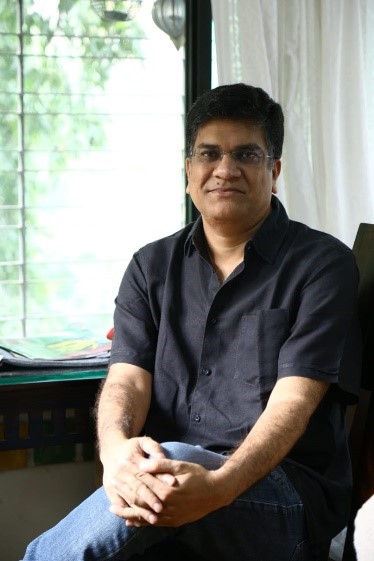
14:00-15:30
- “Resistance Money: A Philosophical Case for Bitcoin
Andrew M. Bailey, Yale-nus College - “Strategies for Liberty: Free Cities and Bitcoin
Alexander Voss, Tipolis Corporation - “Free Money
Benton Howser, Atlas Veritas
16:00-17:30
Speakers

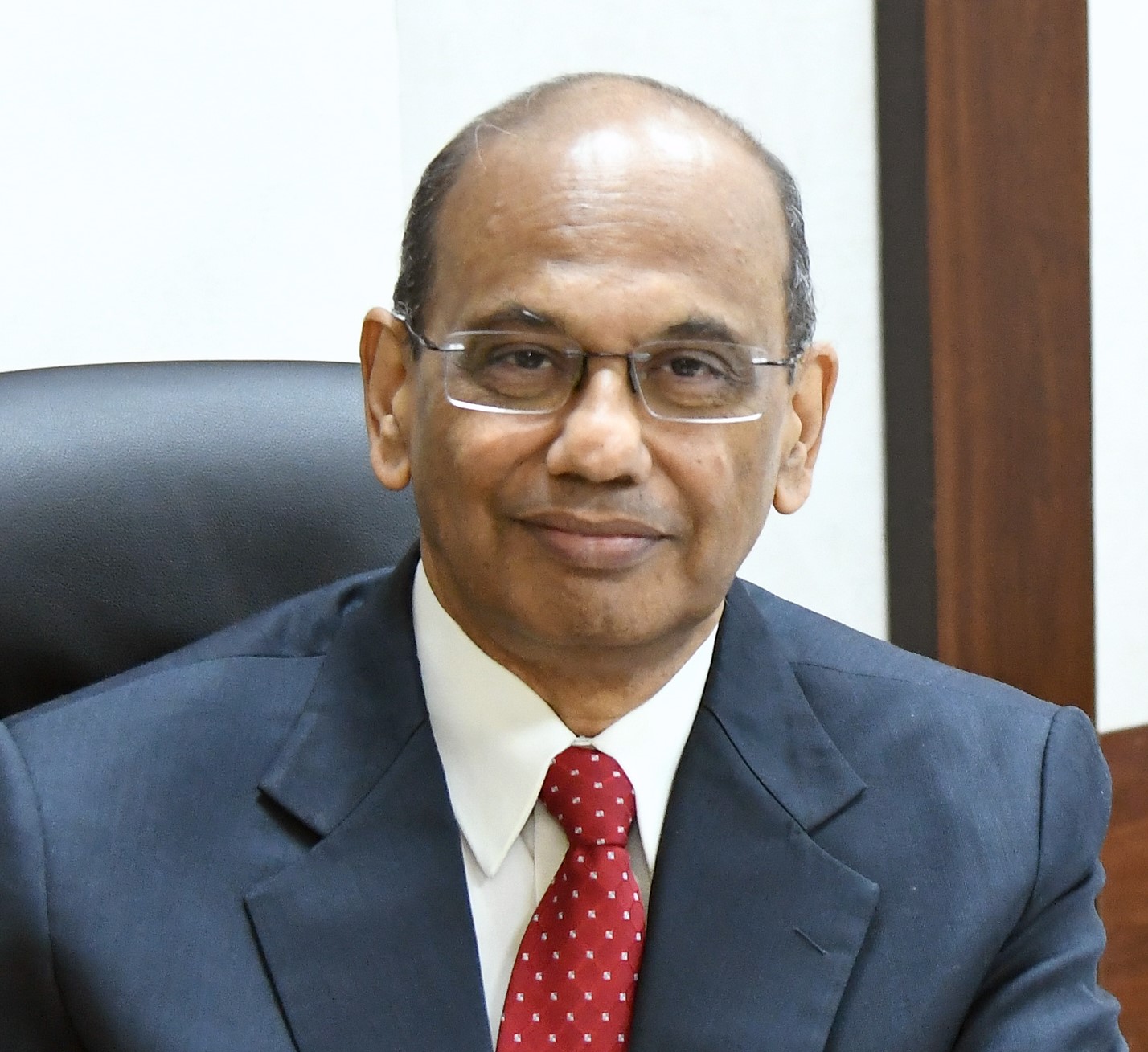

Chair
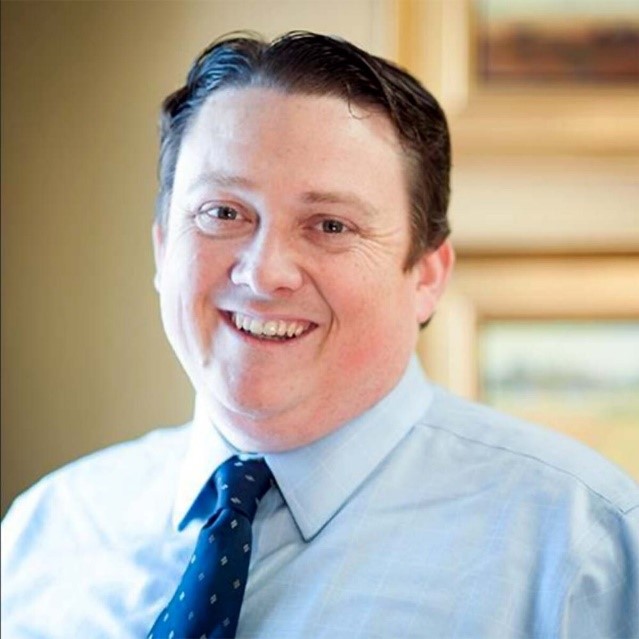
16:00-17:30
Market Liberalism in Action: Academics & Activists in Conversation
Presenters

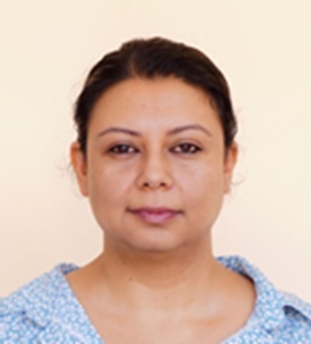

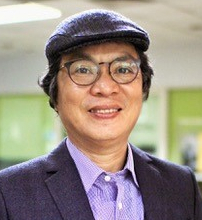
Facilitators


16:00-17:30
Speakers

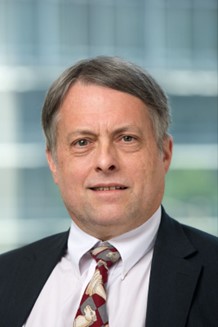
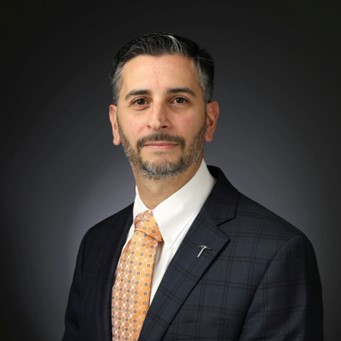
Chair
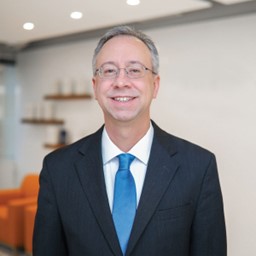
16:00-17:30
Young Scholars Session 2: Speech, Gender, and Freedom
- “Rights of Access vs. Editorial Freedom”
Thomas Berry, Cato Institute - “Leveling the Playing Field for Liberalism”
Marcos Falcone, Fundación Libertad - “Gender Norms and Natural Disasters”
Raymond March, Angelo State University
Chair
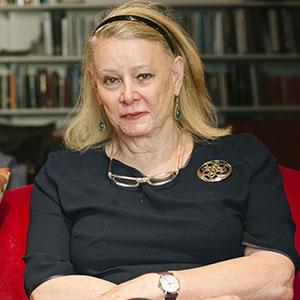
19:00-20:00
Remembering David Boaz
Speakers

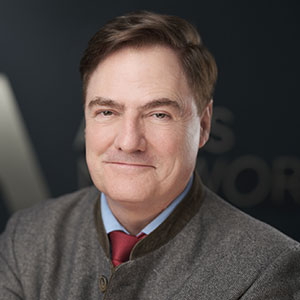
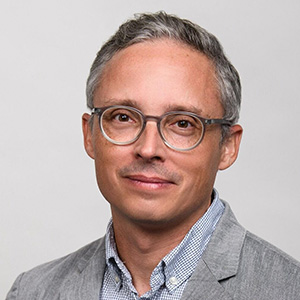
Chair

20:00 -20:30
Reception
Speaker

20:30 onwards
Speakers
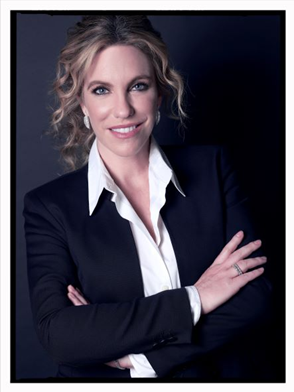


Time
Session
Speakers
9:00-10:30

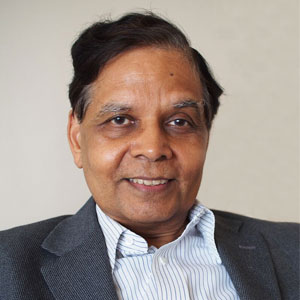
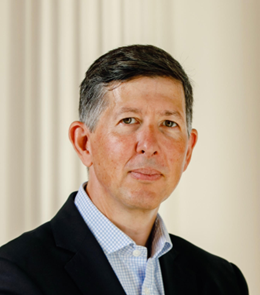
Chair
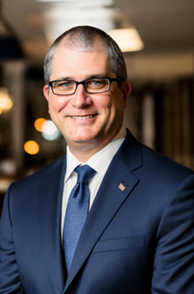
11:00-12:30
Entrepreneurship and Flourishing: Lessons from
New Scholarship & Practice
Speakers
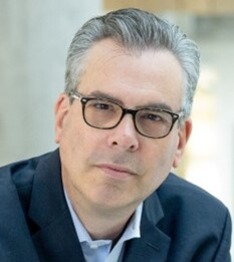
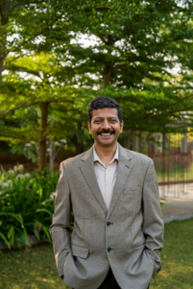

Chair

11:00-12:30
Back to the Roots: Agriculture in the Emerging World Order
Speakers
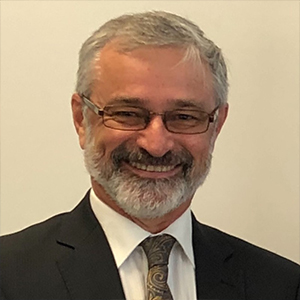
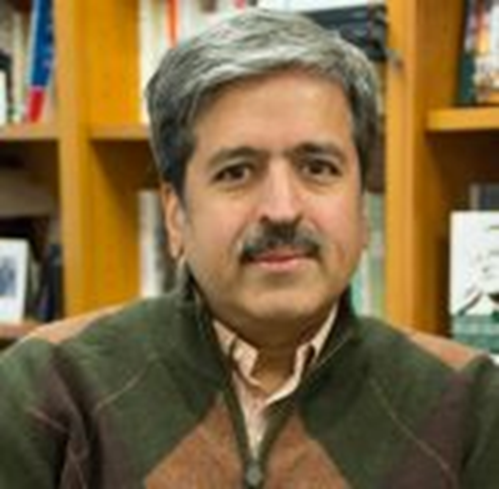
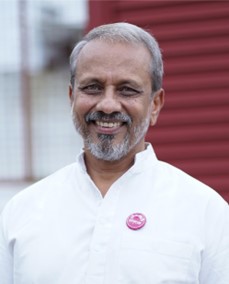
Chair
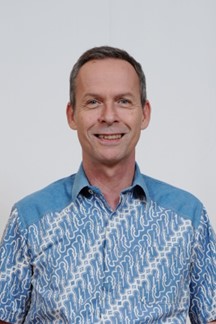
11:00-12:30
Evolving Globalisation: Prospects, Promises & Problems
Speakers
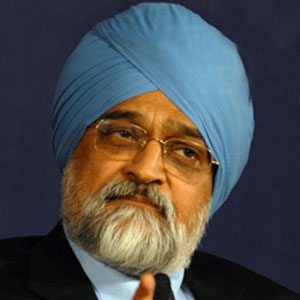

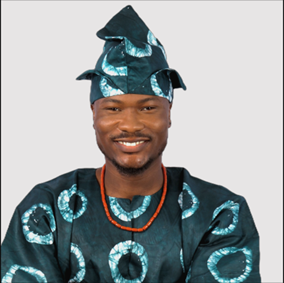
Chair
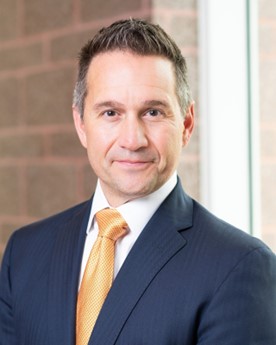
11:00-12:30
- “OECD Tax policy Shifts from Hayek to Mises: Paradigms in Global Governance
Adam Michel, Cato Institute - “Welfare Policies for Industries: A Don Lavoie Critique and Perspective
Anmol Rattan Singh, Siri Guru Gobind Singh College - “Antitrust Enforcement: Political Discretion or Economic Analysis
Ethan Yang, Cato Institute
Chair
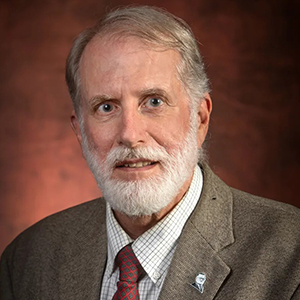
12:30
Lunch
14:00-15:30
Freedom & Flourishing around the World
16:30-18:00
Life & Learnings of Nomadic Libertarians [Lightning Talks]
Speakers

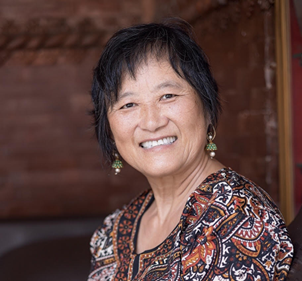
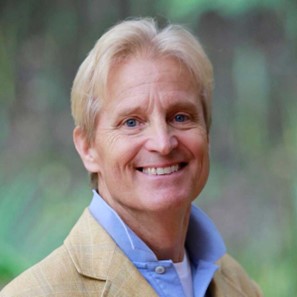
Facilitator

16:30-18:00
Civil Society in the Midst of Populism
Speakers

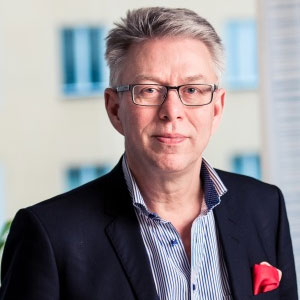
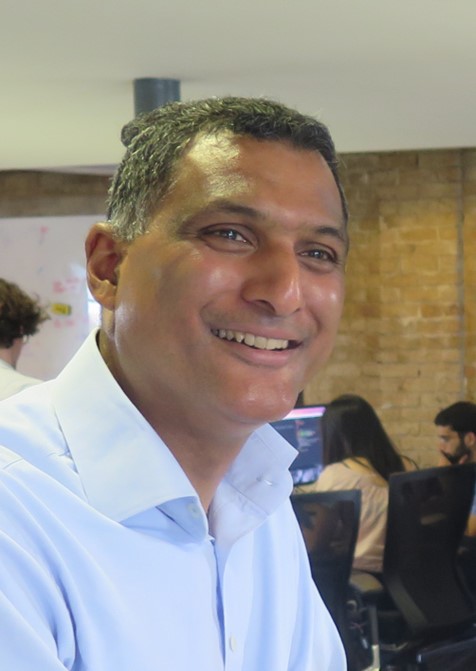
Chair
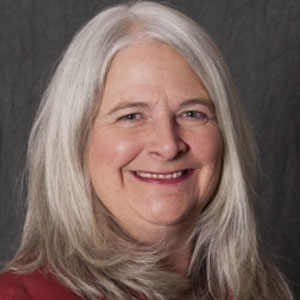
16:30-18:00
Calculus of Politics: New Pathways to Liberal Democracy
Speakers

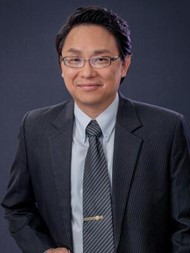

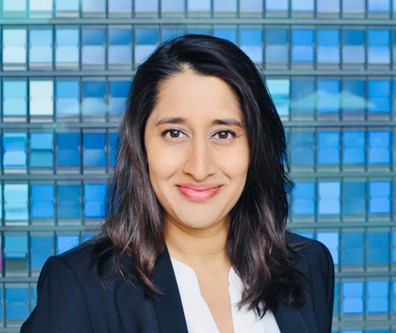
Chair

16:30-18:00
- “The Road to Poverty Is Paved with Good Intentions and Ignorance in Thermodynamics”
Pedro Pablo Velásquez, Centro de Estudios Económicos y Sociales - “Digital Decentralization: Empowering the Marginalized with Blockchain and Cryptocurrencies”
Vaibhav Sharma, Ashoka University - “Self-Governing Institutions Promotes Cooperation Better Than Centralized Ones”
Alessandro del Ponte, The University of Alabama
Chair

18:00 onwards
Member’s Meeting
Time
Session
Excursions [Optional]
For further information regarding the Excursions included with the program, please contact us transportation@mpsnewdelhi.org
Time
Session
Speakers
9:00-10:30
State & the Citizen

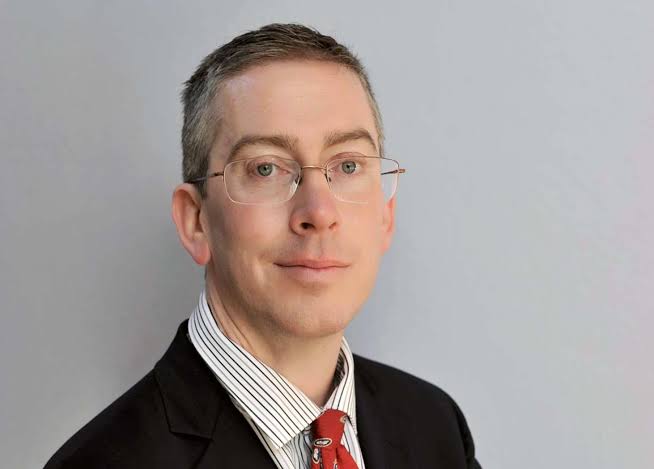
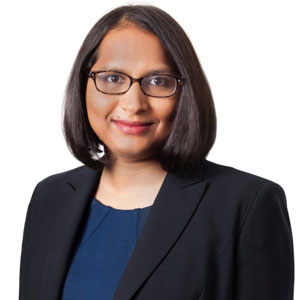

Chair
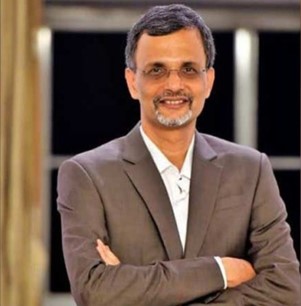
11:00-12:30
Culture, Religion & Liberty
Speakers


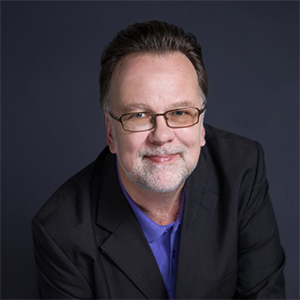
Chair

11:00-12:30
How Markets Made India a Cricket Superpower
Speakers
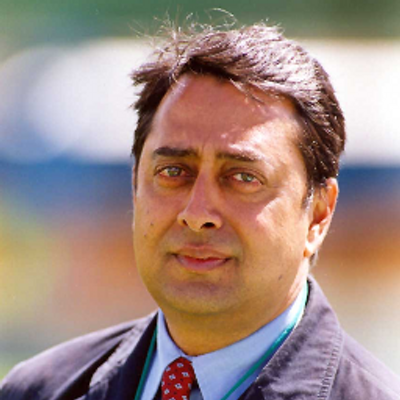
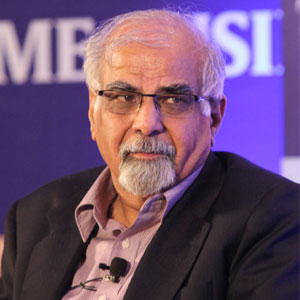
Chair

11:00-12:30
-
- Reviving Classical Liberalism against Populism “
Nils Karlson, The Ratio Institute - Human Nature and World Affairs: An Introduction to Classical Liberalism and International Relations Theory”
Edwin van de Haar, Eneco
- Reviving Classical Liberalism against Populism “
11:00-12:30
- “The Great Disconnect: Hopes and Fears after the Excess of Globalization
Marco Magnani, Luiss University - “The China Dilemma
Ryan Yonk, American Institute for Economic Research
12:45-13:50
Lunch and Punctuation Talk
Speakers
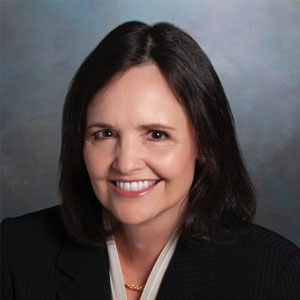
14:00-15:00
- “The Buried Stories of Communism and Socialism: A Historical Primer and Contemporary Analysis
Marianna Davidovich, Foundation for Economic Education - “Imperial Measurement: A Cost-Benefit Analysis of Western Colonialism
Kristian Niemietz, Institute of Economic Affairs
14:00-15:00
- “The Economic Foundations of Democracy Julian Reiss, Institute of Philosophy and Scientific Method
- “Freedom and Responsibility Jargal Dambadarjaa, The Defacto Institute
14:00-15:00
- “Another Sort of Freedom
Gurcharan Das, Independent - “The Impatient Libertarian Ron Manners, Mannkal Economic Education Foundation
14:00-15:00
- “How We Vote: The Factors that Influence Voters
Surjit Bhalla, Oxus Investments - “Following Their Leaders: Political Preferences and Public Policy
Randall Holcombe, Florida State University
15:30-17:00
Liberal Heroes
Speakers
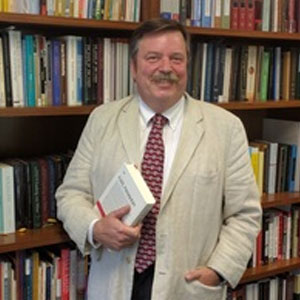


Chair
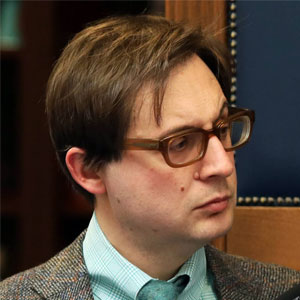
15:30-17:00
Emerging Monetary and Contract Technologies
Speakers

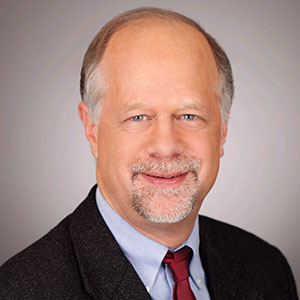
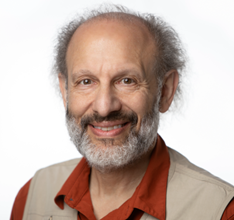
Chair
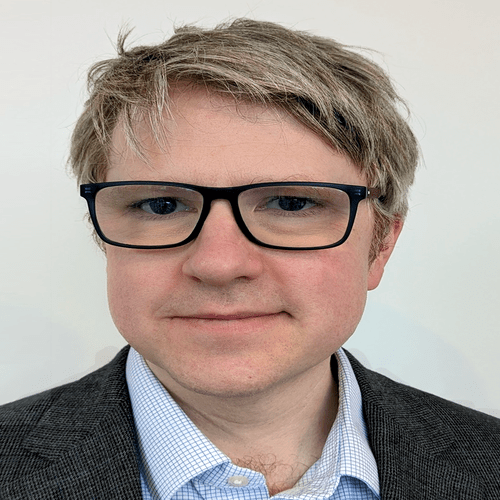
15:30-17:00
- “Why We Prosper”
Nicolas Gonzalez, University of Miami - “Hayek on Knowledge and Competition”
Mohammad Javad, University of Bayreuth - “Pseudoscience, Ecology, and Market: Behind the Ecological Offensive against Economic Freedom”
Marcos Lüdy, Universidad Argentina John F. Kennedy
Chair
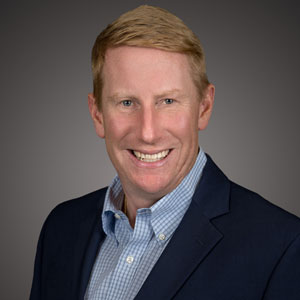
17:00-18:00
Hayek’s Nobel at 50
Speakers



Chair
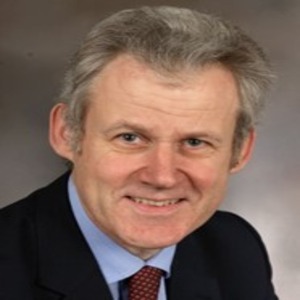
19:00 onwards
Evening Reception
Performance by

19:00 onwards
New MPS President’s Address
19:00 onwards
Keynote Address and Closing Dinner
Speaker
